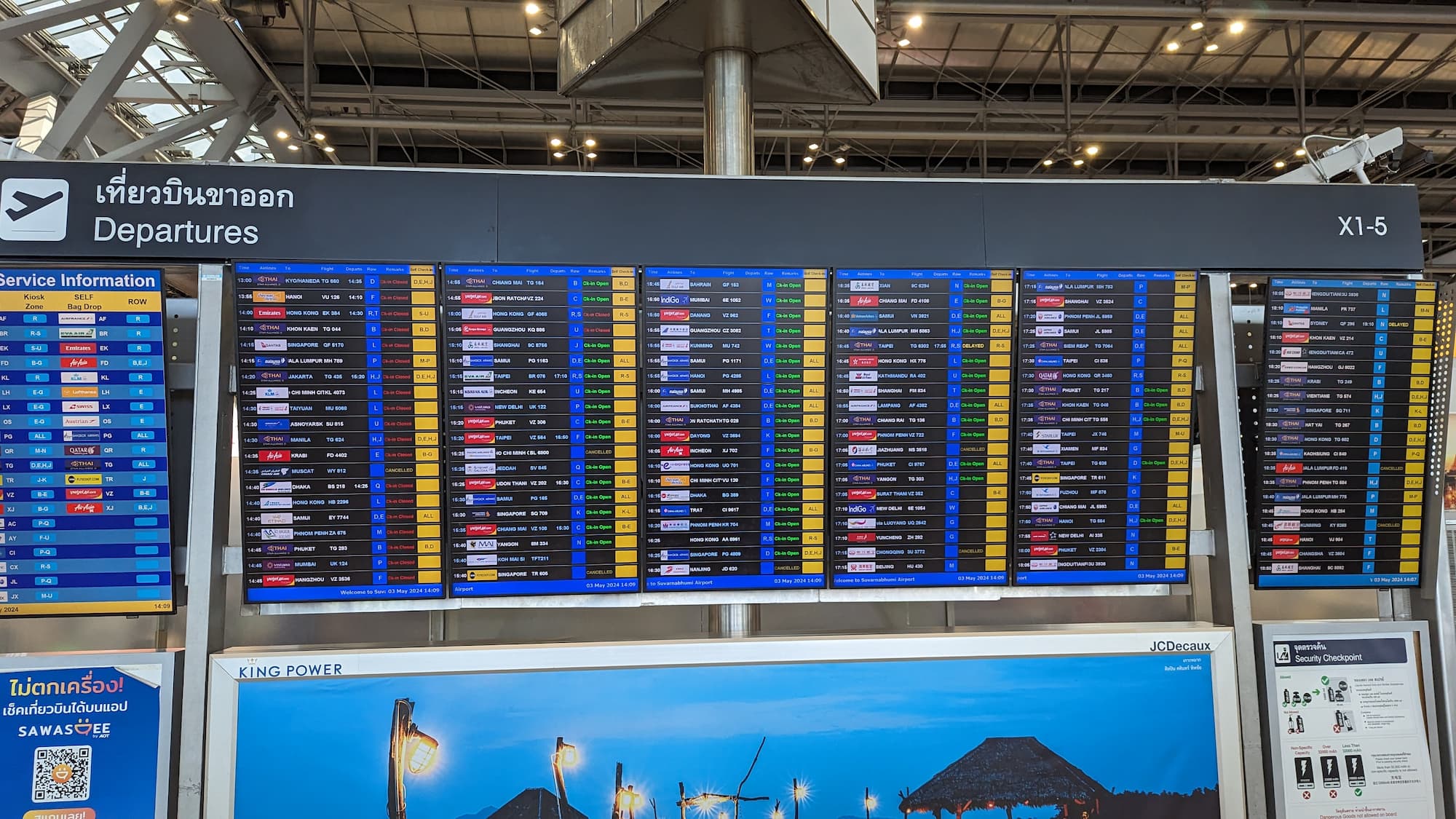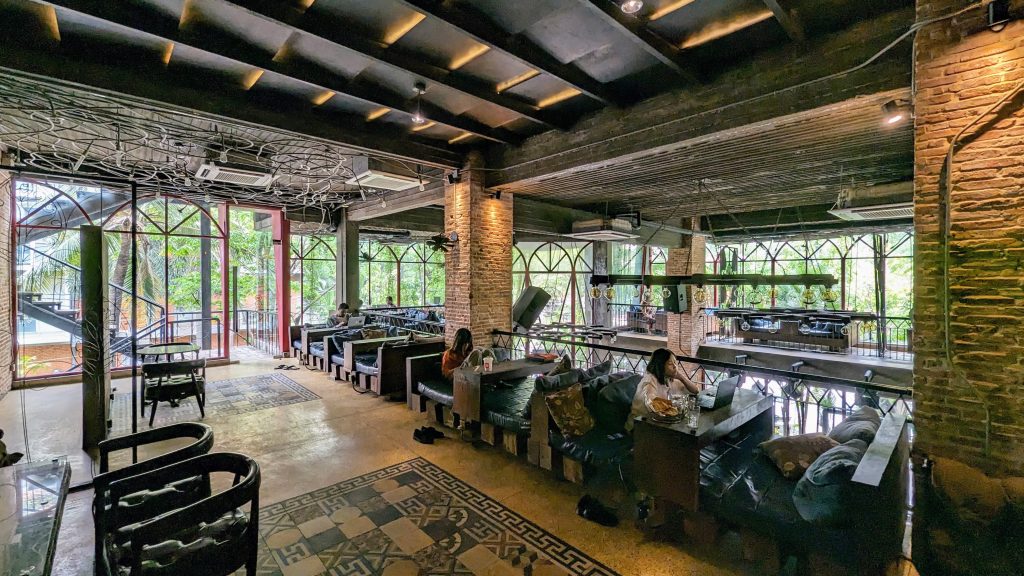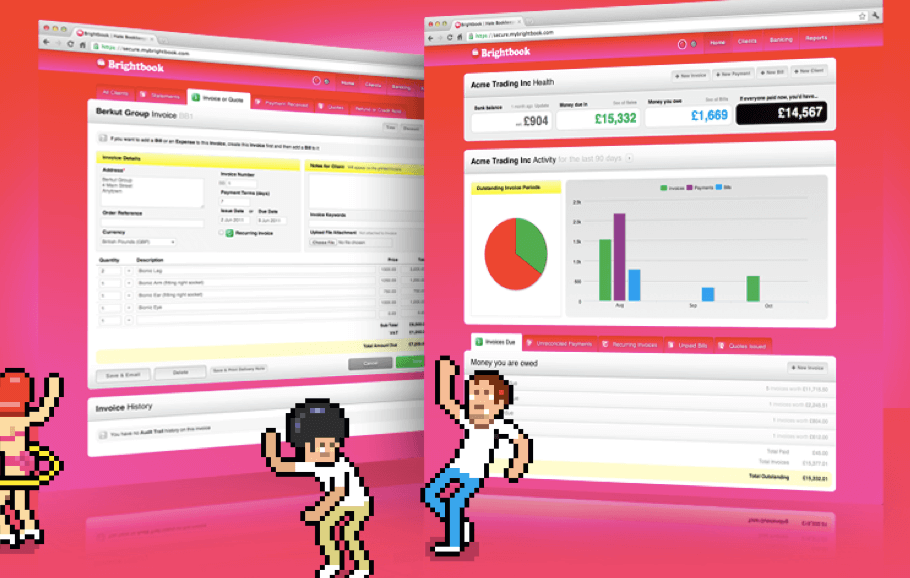What Are The Best Cybersecurity Precautions To Take While Travelling?
As a digital nomad, you’re free to travel the world, work remotely, and enjoy all the perks of a location-independent lifestyle. However, with all that independence comes a certain level of vulnerability, and adequate cybersecurity measures become essential.
Here are some of the best cybersecurity precautions and travel gear to take while overseas.
Travel Router with SIM Card
Public Wi-Fi can be risky business, inviting malware and hackers to infiltrate your devices. A travel router can be an excellent solution, providing your own secure Wi-Fi hotspot. Some even come with a SIM card slot, allowing you to use local data plans wherever you are. Always make sure to keep your router updated with the latest software and change the default admin login details.
Invest in a VPN
When it comes to cybersecurity, a VPN is like a superhero. It encrypts your internet connection, making it almost impossible for third parties to intercept your data. A VPN also allows you to access geo-restricted content and browse anonymously. Investing in a reputable VPN provider is an excellent way to keep your internet connection secure and private.
Backup Your Devices
It’s a Digital Nomad’s worst nightmare – your notebook falls off a table, breaks, or gets stolen. Just like that, your life’s work goes up in a wisp of smoke. This can be prevented by making sure to always back up your files and data. Cloud-based solutions like Google Drive, Dropbox, or iCloud can be a convenient option, but an external SSD (Solid-State Drive), kept separate from your notebook, provides the necessary extra layer of security.
Keep SSD & Device Separate
As a digital nomad, you’re always on the move, and the chances of losing or having your notebook stolen become higher. That’s why it’s important to keep your external SSD in a separate place from your device. A different pocket in your backpack or a hidden compartment in your luggage can be a safe option.
This is savvy advice for all your valuables while travelling. Ideally, don’t keep money, cards, passport and travel documents ALL in the same place. Don’t make it easy for the dodgy brothers!
Never Use an Unknown USB Port
Using unknown USB ports can quickly become Russian Roulette with your data. Public charging stations, USB sticks left in cafes, and even your hotel room’s computer can all pose a security risk. Sticking to your own power bank portable charger as a power source is safer than relying on unknown USB ports to charge your device.
Use 3-Factor Authentication
Hackers can crack your password like a nut and get their hands on your data before you can blink. Adding an extra layer of security with 3-Factor Authentication is an excellent way to keep your accounts safe. Most platforms and services now offer this option:
- Username and Password
- Biometric identifiers like Face ID or fingerprint
- One-time code sent to your phone
Cybersecurity Checklist
Cybersecurity precautions are an essential aspect of Digital Nomadism, ensuring your personal and professional data remains confidential. Inaccessible or hacked data will completely destroy your workflow and experience.
Employ a cybersecurity checklist, from using a travel router to investing in a VPN provider, there are plenty of options available to keep your online presence secure while travelling. Remember to back up your data regularly, be cautious of public Wi-Fi and USB ports, and always use 3-factor authentication.
By taking these precautions and utilising these essential tips for Digital Nomads, you can enjoy all the perks of a location-independent lifestyle while keeping your data and devices secure.
Safe & Successful Travels!
- Tax Return for Australian Freelancers: A Practical Guide - 02/04/2025
- Cost of Living Crisis: Strategies for Freelance Rate Increase - 15/11/2024
- Cybersecurity Precautions for Digital Nomads - 15/07/2024







